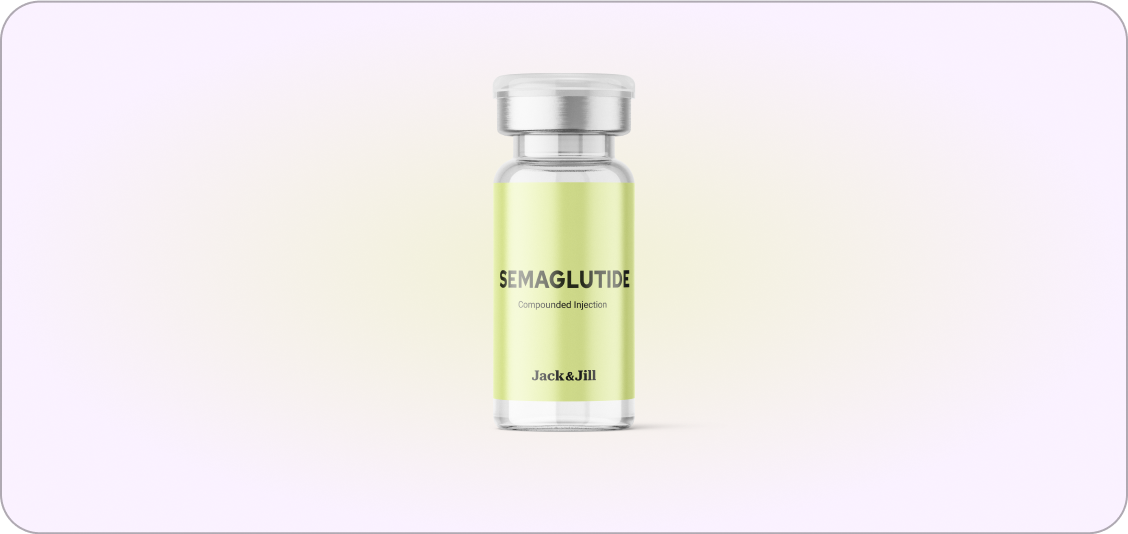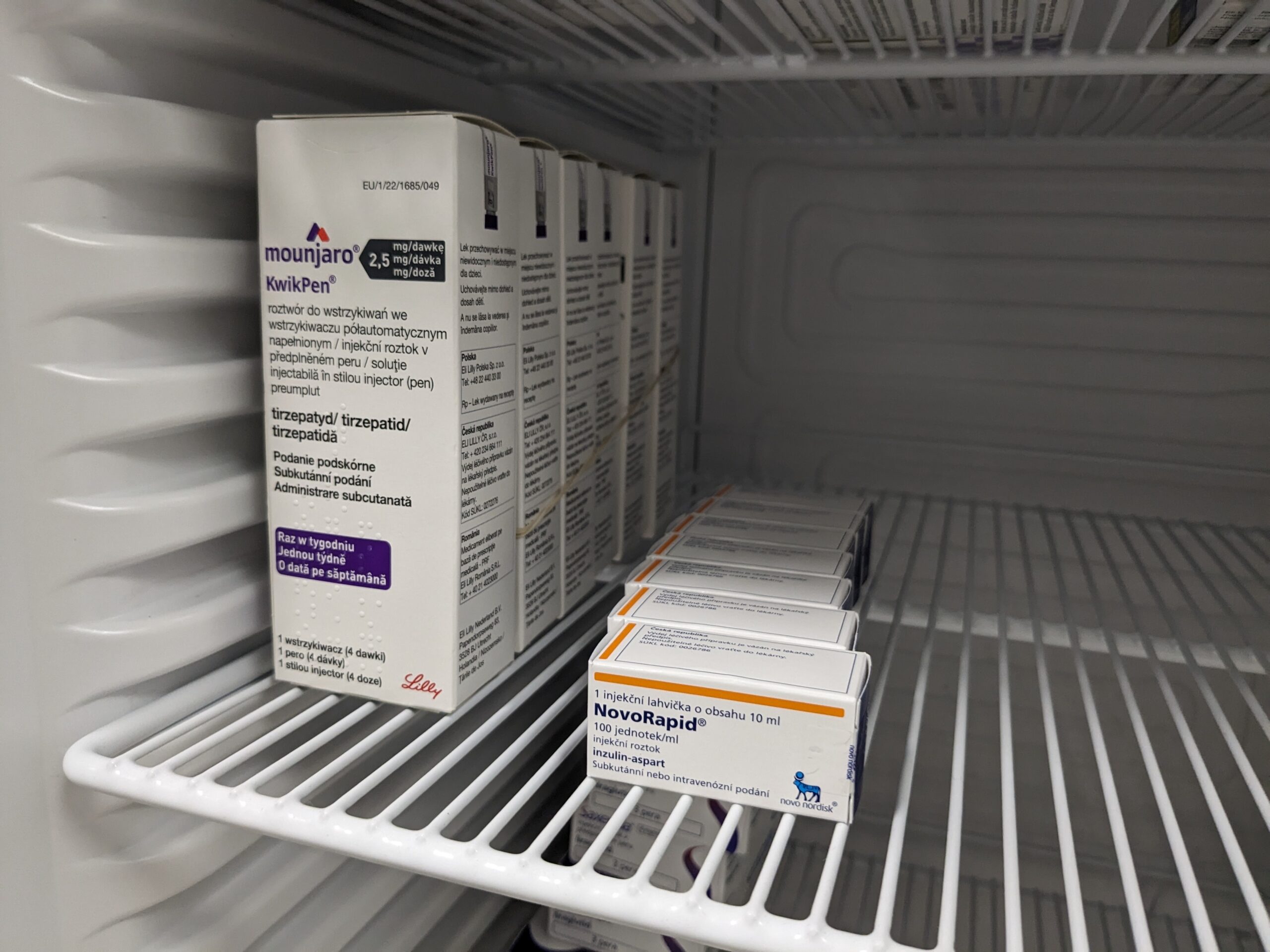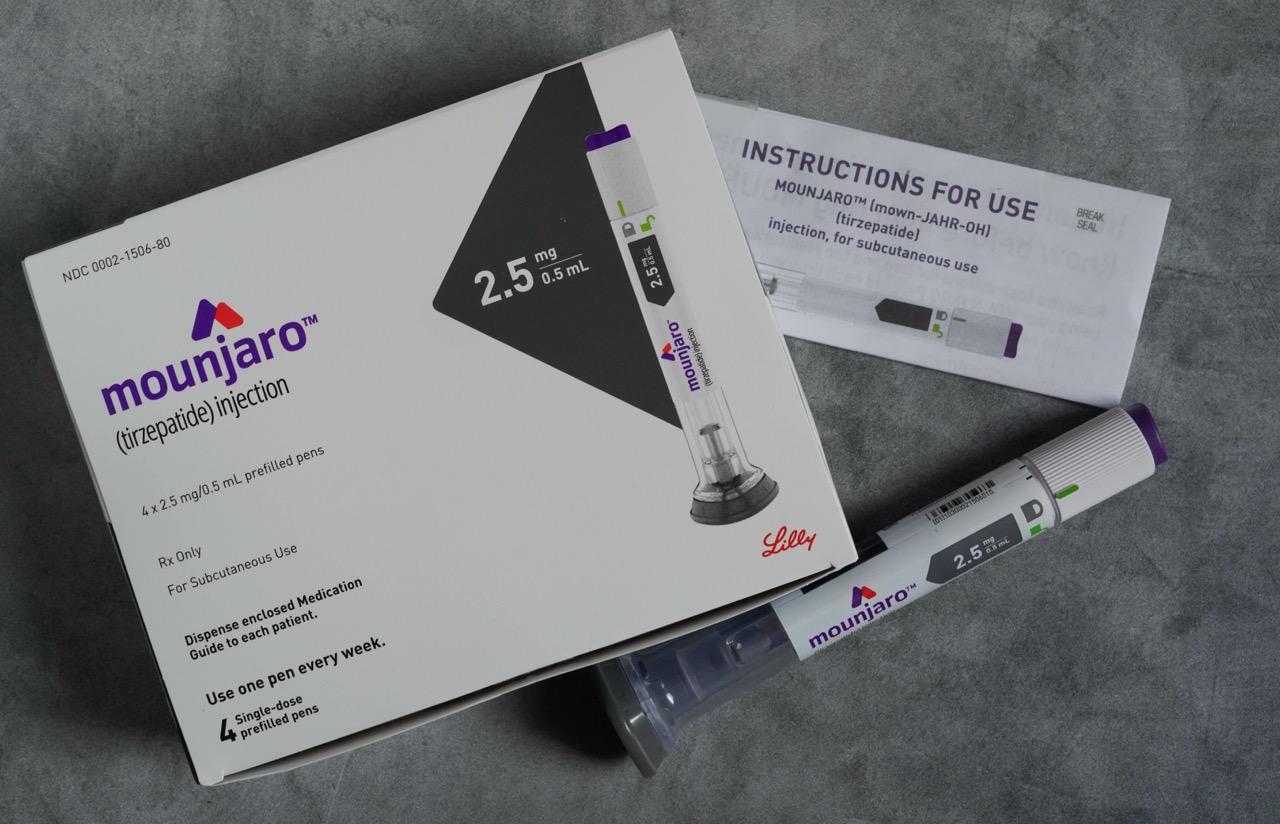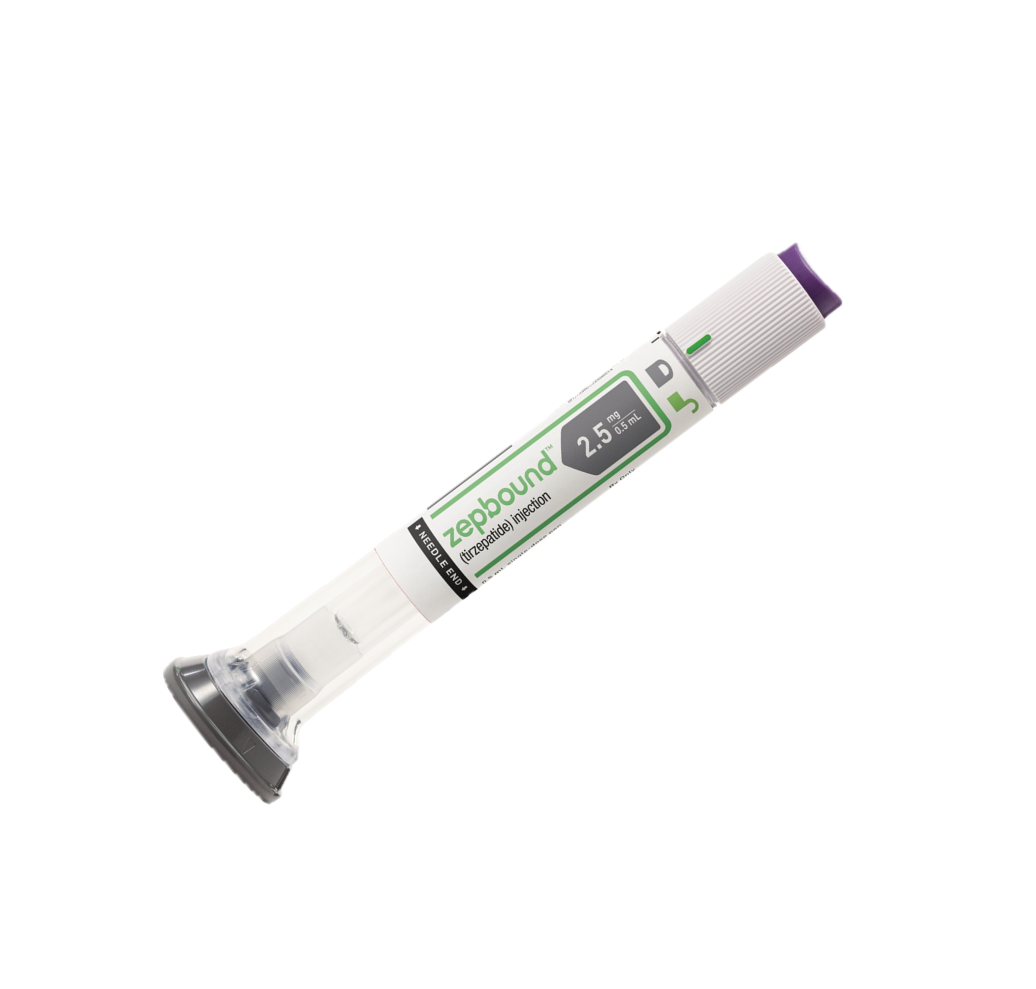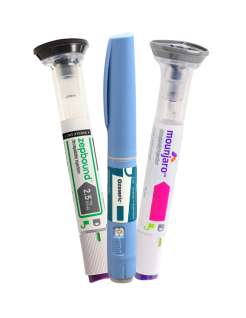Compound medications come in various forms, each designed to meet specific patient needs. The main categories include oral compounds, topical compounds, injectable compounds, and unique routes of administration.
These customized medications offer solutions when standard treatments are insufficient, ensuring that patients receive the most effective care customized to their requirements.
Oral Compounds
Oral compounds are custom-prepared medications taken orally. They are often used when patients need specific dosages or formulations that are not commercially available.
These compounds can be modified to include flavoring for children or to combine multiple medications into a single dose, improving adherence and comfort.
For example, compound semaglutide can be customized to meet specific patient needs, ensuring effective treatment and better patient outcomes.
Examples of conditions that may be treated with oral compounds:
- Pediatric dosage forms
- Customized hormone replacement therapy
- Pain management with specific dosage combinations
Topical Compounds
Topical compounds are medications applied directly to the skin, providing localized treatment with minimal systemic absorption.
These compounds are beneficial for treating skin conditions and localized pain, allowing for high concentrations of the active ingredient at the site of application without significant side effects.
Examples of skin conditions or types of pain often treated with topical compounds:
- Eczema
- Psoriasis
- Localized muscle pain
- Arthritis
Injectable Compounds
Injectable compounds are administered directly into the body through an injection. These medications are crucial for conditions requiring precise and immediate delivery of medication, ensuring quick and effective treatment.
Common types of injectable compounds and the conditions they treat:
- Vitamin B12 injections for deficiency
- Ketamine injections for severe pain
- Customized insulin for diabetes management
Unique Routes of Administration
Some compound medications are administered through less common routes such as nasal, ocular, or rectal, adjusted for specific patient needs.
These unique routes are beneficial when traditional oral or injectable routes are not suitable or effective.
Examples of specific patient cases or conditions where these unique routes are beneficial:
- Nasal sprays for hormone replacement
- Ocular drops for glaucoma
- Rectal suppositories for localized treatments in gastrointestinal conditions
These various types of compound medications provide personalized treatment options that address the diverse and specific needs of patients, enhancing the overall effectiveness and comfort of their healthcare regimen.

